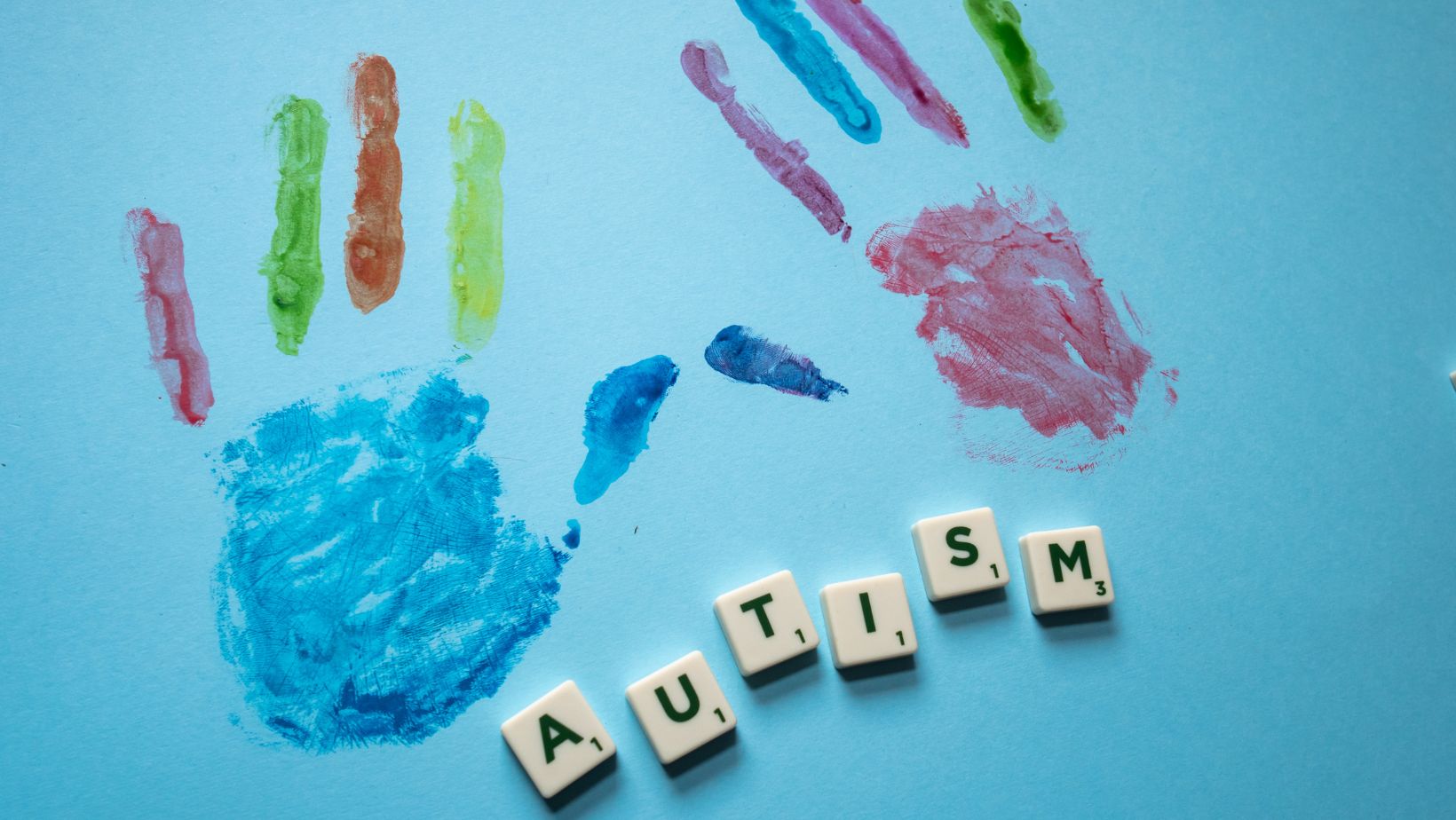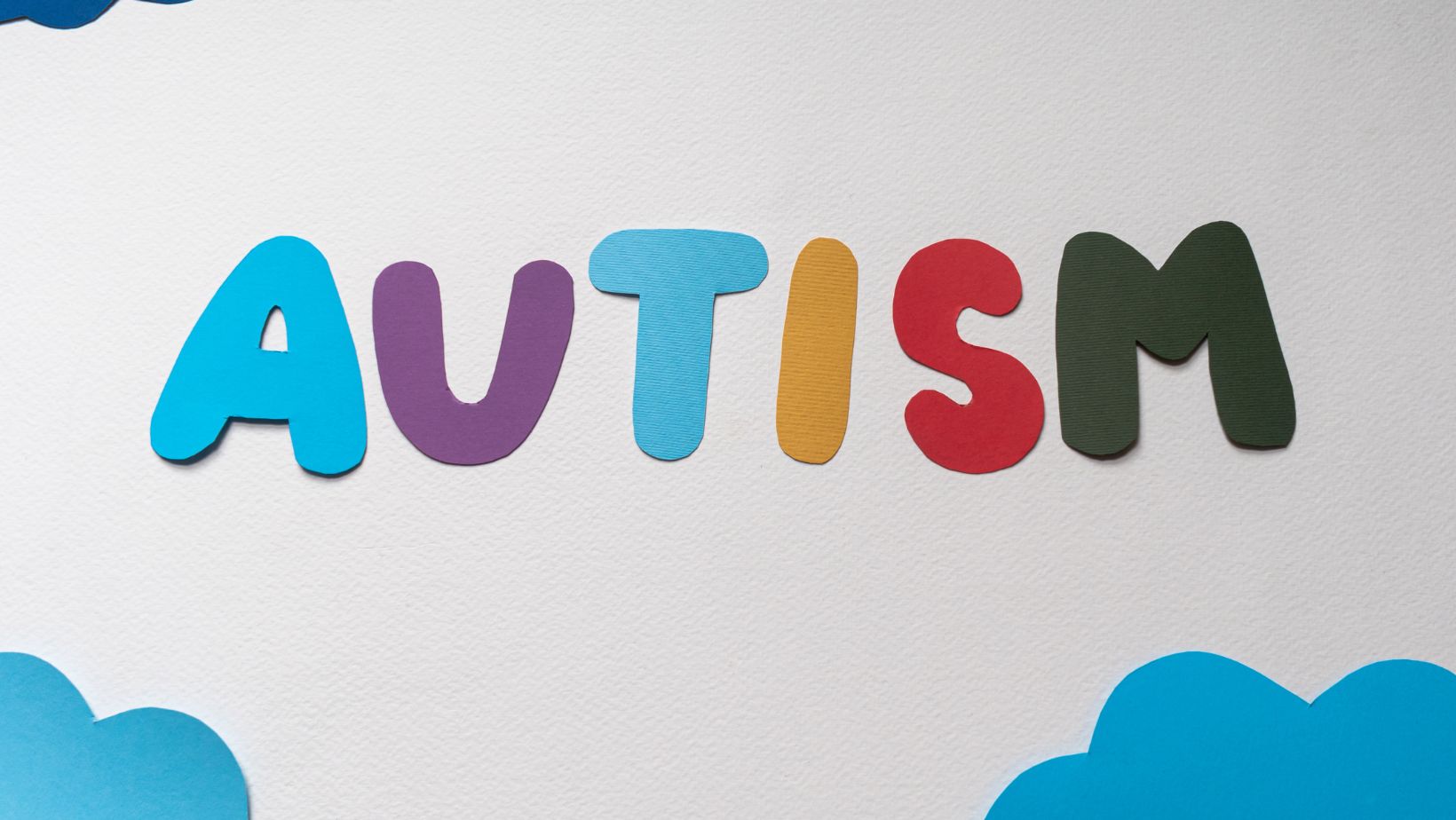
Autism Spectrum Disorder (ASD) is a neurological disorder unlike any other in that every person is affected in a unique way, affecting communication, interpersonal skills, and patterns of behavior. Due to the fact that every autistic person has specific strengths, needs, and goals, each must have an individualized approach applied to them in order to provide intervention in a positive manner. The most scientifically valid and well-proven method of helping autistics is to take the application of Applied Behavior Analysis (ABA) therapy.
ABA therapy can lead to long-term development, independence, and success if it is individualized to an individual.
This article addresses the necessity of individualized ABA therapy services, what they can provide, and how they can enable people with autism to fulfill their potential.
Understanding ABA Therapy
ABA is an intensive, empirically validated treatment for developing socially beneficial skills. ABA seeks to teach skills functionally, dividing them into steps of a reasonable magnitude and reinforcing good behavior in an attempt to ease learning. ABA is universally recommended by medical doctors, educators, and parents alike as the optimal treatment for autism. But individualization is also the key to making ABA therapy effective—there is no one-size-fits-all strategy to treating autism.
Why Personalization is Essential in ABA Therapy
Two autistics are never identical. There can be a problem with speech but not the other. One can talk but have issues with emotional regulation or transitions. The approach to treatment is tailored to suit every individual’s individual development profile because of personalized ABA therapy.
Individualization in ABA therapy considers:
- Individual strengths – What the person already does well and leveraging it as a strength.
- Specific challenges – Providing the specific services in the specific locations where the individual requires the most help.
- Learning style – Adapting teaching approaches to the learner’s way of learning (visual, auditory, experiential, etc.).
- Pace of progress – Adjusting the pace of progress according to the learner’s readiness.
- Family goals – Incorporating the problems and objectives of the family in the treatment plan.
Elements of Personalized ABA Therapy Services
A personalized ABA treatment program does contain some special characteristics:
1. Correct Assessment
Treatment begins with a diligent assessment of the individual’s current abilities, problems, and needs. VB-MAPP (Verbal Behavior Milestones Assessment and Placement Program) or ABLLS-R (Assessment of Basic Language and Learning Skills-Revised) may be utilized to help carry out this step.
2. Personalized Treatment Plan
The Board Certified Behavior Analyst (BCBA) develops a specific and quantifiable individualized plan based on the assessment. The objectives are communication, daily living skills, social skills, or the reduction of interfering behavior.
3. Targeted Skill Development
Each treatment session is structured to strengthen skills that can be generalized to the client’s everyday situation, such as requesting assistance, being cooperative with other people, or brushing one’s teeth separately, without the aid of another party.
4. Positive Reinforcement
Reinforcement is utilized in ABA therapy to get a wanted item.
The reinforcement used is customized—either a compliment, a toy, or a brief recess.
5. Ongoing Monitoring of Progress
Furthermore, during sessions, the therapist is continuously observing what works and what needs to be changed.
The plan is revised with progress so that the therapy continues to be pertinent and functional.
6. Family Involvement
Individualized ABA therapy is family-oriented. Training and strategies are taught to the family to use skills within the home environment, helping towards overall consistency of settings.
Benefits of Individualized ABA Therapy for Autism
Personalized ABA therapy is beneficial to the autistic population in the following ways:
1. Effective Acquisition of Skills
Time is not wasted on skills that are irrelevant but allocated to the most essential ones for independence and quality of life.
2. Enhanced Communication
Individualized therapy targets the individual’s specific way of communicating, verbal, sign language, picture exchange systems, or technology.
3. Better Social Interaction
Individualized ABA therapy enables people to learn social skills at their pace, from eye contact to social interaction.
4. Decrease in Challenging Behaviors
Causes of challenging behaviors are determined by therapists and replaced with healthier means of feeling or communicating.
5. Greater Independence
Focus on living skills—i.e., dressing, eating, and personal hygiene—encourages independent individualized ABA therapy.
6. Greater Confidence
When individuals can learn skills to fulfill their own needs, they feel proud and confident.
The Therapists’ and Families’ Role in Success
Individualization works best with collaboration between teachers, families, and therapists. The plan is guided by the BCBA, but Registered Behavior Technicians (RBTs) implement the sessions, and parents practice at home.
Families are encouraged to:
- Attend therapy sessions whenever feasible.
- Talk openly with therapists about progress and difficulties.
- Practice reinforcement at home to encourage consistency.
Long-Term Effects of Individualized ABA Therapy
Advantages of an individualized ABA program generally remain effective well into the future. Outcomes of therapy can:
- Help school success.
- Facilitate family and peer relationships.
- Improve adult independence.
- Improve quality of life.
By addressing the unique special needs of the individual, individualized ABA therapy lays the groundwork for long-term change.
If your child needs ABA therapy services at home in North Carolina, we provide one-on-one home treatment to help your child grow and thrive at home.
Conclusion
Each person with autism is different. Individualized ABA treatment services recognize that and give intensive services so people can reach their full level of potential.By combining evidence-based methods with individualized goals, ABA therapy empowers children and adults alike to build skills, gain independence, and experience success in all areas of life.


